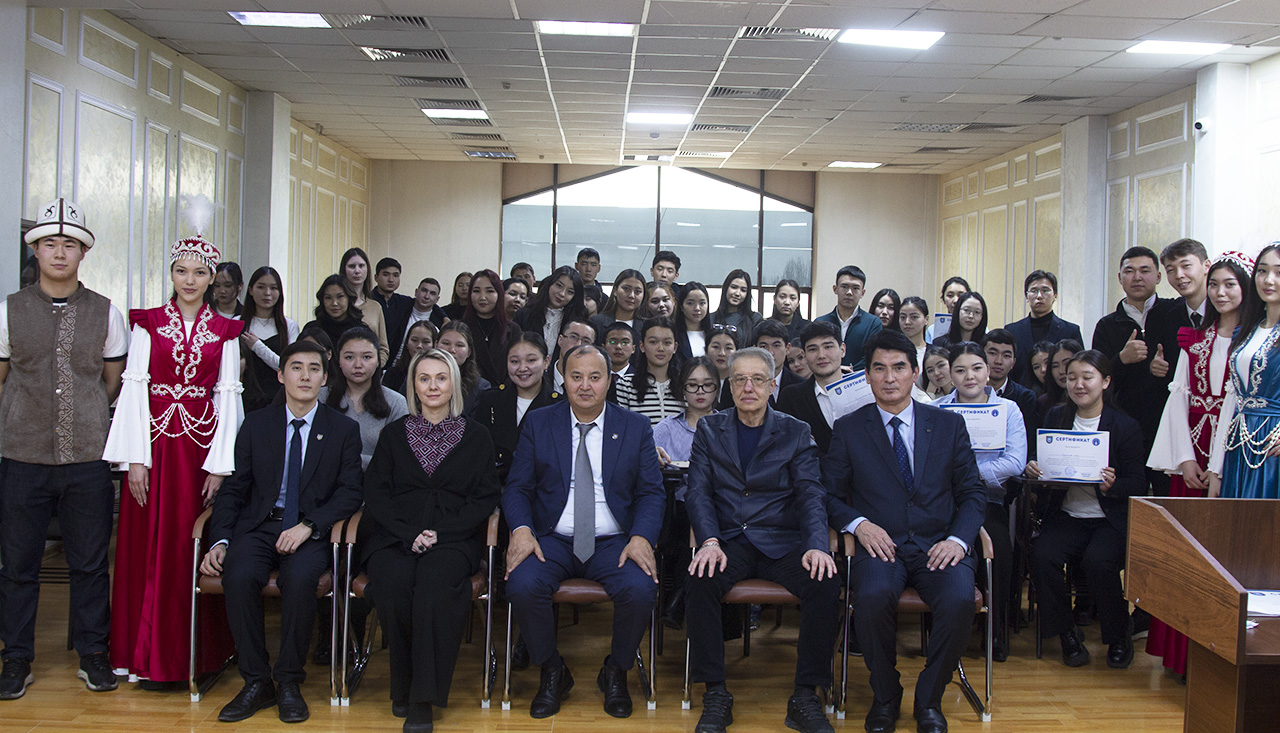
Kazakhstan, Central Asia's largest economy, has made significant strides towards achieving decent work and economic growth, a key objective outlined in the United Nations' Sustainable Development Goals (SDG 8). The country benefits from abundant natural resources, particularly oil, gas, and minerals, which have been pivotal in driving its economic growth over the past two decades. However, diversifying the economy and fostering inclusive, sustainable growth remain central challenges.
Kazakhstan’s economy has grown rapidly since gaining independence in 1991, with GDP growth averaging around 4% annually in recent years. The government's strategic investments in infrastructure, education, and industrialization, along with initiatives like "Kazakhstan 2050" and the "Nurly Zhol" development program, have helped boost economic resilience and reduce dependence on oil exports. Nevertheless, fluctuations in global oil prices and external shocks (such as the COVID-19 pandemic) have exposed vulnerabilities, necessitating greater focus on diversifying into non-oil sectors such as agriculture, manufacturing, and technology.
In terms of decent work, Kazakhstan has made progress in reducing unemployment, which stands at approximately 4.8%. The government has implemented policies aimed at improving labor market conditions, such as the "Enbek" state program for employment and training. However, challenges remain, including the need to improve wages, ensure safe working conditions, and address informality in sectors like agriculture and services. Additionally, there is a gender gap in labor force participation, with women underrepresented in higher-paying industries and leadership roles.
To further promote decent work and sustained economic growth, Kazakhstan needs to continue diversifying its economy, improve labor market policies, and enhance education and vocational training. Fostering innovation, encouraging entrepreneurship, and investing in renewable energy will be critical for creating more sustainable and inclusive job opportunities in the future. Addressing income inequality and promoting social protections for vulnerable groups, such as informal workers, will also be crucial to achieving long-term stability and growth.
In conclusion, Kazakhstan has made notable progress in advancing decent work and economic growth, but sustained efforts are required to diversify the economy, reduce inequalities, and create quality jobs for all.
